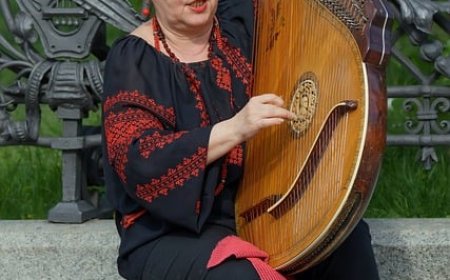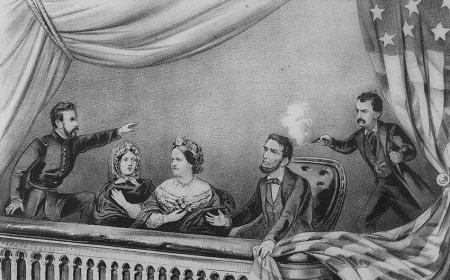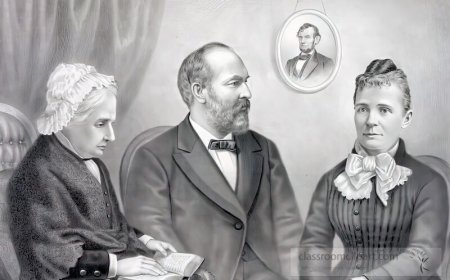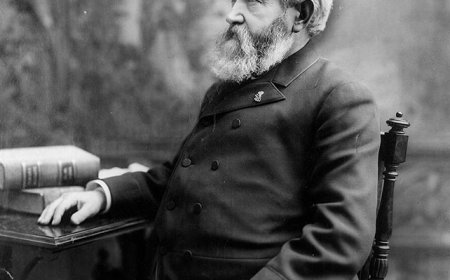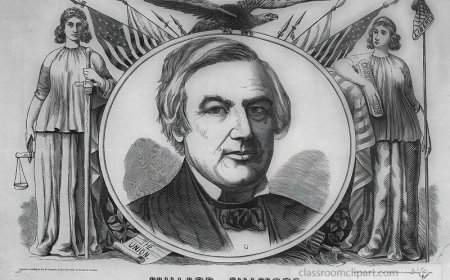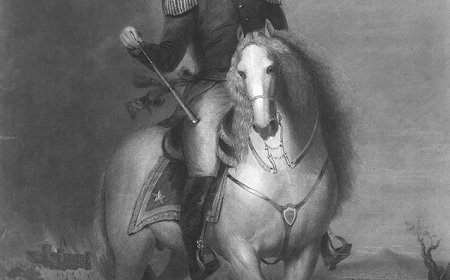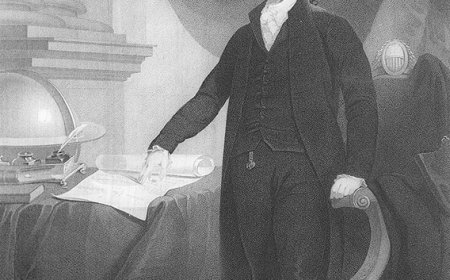Grover Cleveland Biography for Students | The Only President to Serve Two Non-Consecutive Terms
Discover Grover Cleveland, the 22nd and 24th President of the United States. Learn how he became the only U.S. president to serve two non-consecutive terms, fought political corruption, and stood for honesty and hard work—plus vocabulary, fun facts, a quiz, and a kid-friendly summary.
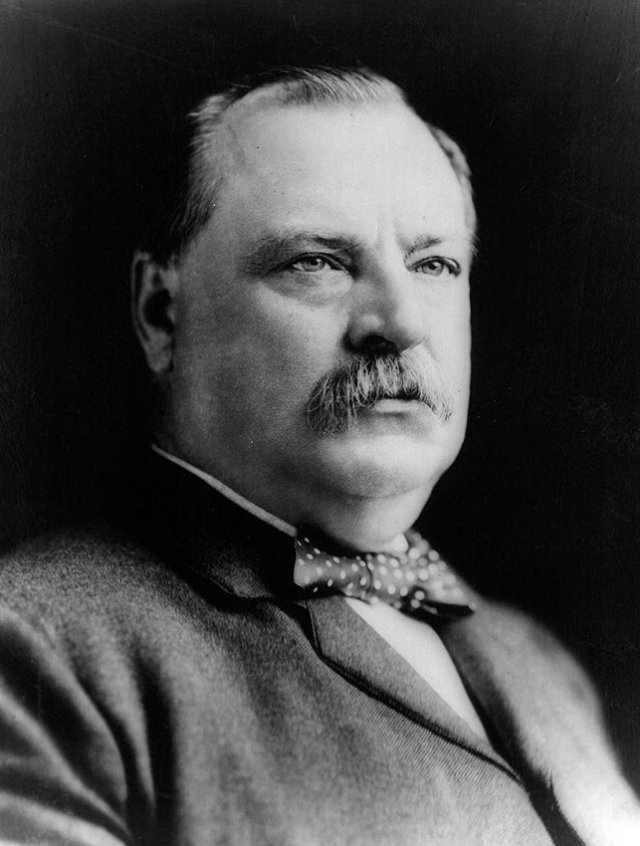
🇺🇸 Grover Cleveland Biography for Students | The Only President to Serve Two Non-Consecutive Terms
🧭 Introduction
Grover Cleveland is most famous for being the only U.S. president to serve two non-consecutive terms—he was both the 22nd and 24th President. He served from 1885 to 1889 and again from 1893 to 1897. Known for his honesty and independence, Cleveland worked to reduce government corruption, cut unnecessary spending, and stand up to powerful business interests. Although not a flashy leader, he believed in doing what was right—even when it was unpopular.
👶 Early Life and Education
Stephen Grover Cleveland was born on March 18, 1837, in Caldwell, New Jersey. He was the fifth of nine children in a poor but hardworking family. After his father died, Grover left school to help support his family.
He studied law in Buffalo, New York, and became a lawyer without attending law school. He built a reputation as a serious, honest, and hardworking man, which helped him get elected to local government jobs.
🏛 Political Career Before Presidency
Cleveland began his political career in Buffalo, New York, where he served as:
- Assistant district attorney
- Sheriff of Erie County (he personally carried out executions)
- Mayor of Buffalo (nicknamed the "Veto Mayor")
- Governor of New York
He gained fame for fighting political corruption and using his veto power to stop wasteful bills. People saw him as someone who wasn’t afraid to stand up to political bosses, even in his own party.
🇺🇸 First Term as President (1885–1889)
Cleveland became president in 1885 by defeating James G. Blaine, a Republican known for political scandal. As a Democrat, Cleveland promised honest government and less government spending.
Key actions during his first term:
- Vetoed over 400 bills to prevent waste and corruption
- Opposed high tariffs that benefited big businesses
- Supported the Interstate Commerce Act to regulate railroads
- Fought against unnecessary Civil War veteran pensions
Although he lost re-election in 1888 to Benjamin Harrison, he remained popular and would return four years later.
🇺🇸 Second Term as President (1893–1897)
Cleveland won the 1892 election and became president again in 1893, defeating Benjamin Harrison. He faced a major economic depression during this term.
Major events of his second term:
- Panic of 1893: Financial crisis with business failures and high unemployment
- Repealed the Sherman Silver Purchase Act to stabilize the economy
- Sent troops to stop the Pullman Railroad Strike, upsetting labor groups
- Opposed annexing Hawaii after the overthrow of the queen
Cleveland stayed true to his beliefs, even when unpopular. He cared more about doing what was right than what was easy.
⚖️ Political Views and Actions
Cleveland believed in:
- A small federal government that respected individual freedoms
- Balanced budgets and careful government spending
- Fair laws that helped everyone, not just the wealthy
- Closely following the Constitution
He used the veto power more than almost any president—over 600 times.
🌍 Foreign Policy and Global Relations
Cleveland preferred staying out of foreign conflicts. However, he:
- Opposed the annexation of Hawaii, respecting native rule
- Kept the U.S. neutral in global conflicts
- Defended U.S. interests peacefully, like in the Venezuela-Britain dispute
He believed in peace, independence, and diplomacy.
🧾 Legacy and Historical Impact
Grover Cleveland is remembered for:
- Being the only president to serve two non-consecutive terms
- Fighting corruption and government waste
- Choosing honesty over popularity
- Laying the foundation for future government reform
Though not flashy, he is respected for his integrity and strong character.
👨👩👧 Personal Life and Family
Grover Cleveland married Frances Folsom in 1886 in the White House—he was 49, she was 21, making her the youngest First Lady. They had five children.
He enjoyed fishing, reading, and quiet time. After leaving office in 1897, he retired to Princeton, New Jersey, and died on June 24, 1908, at age 71.
💬 Famous Quotes
“Public office is a public trust.”
—Cleveland believed leaders should serve the people, not themselves.
“A man is not fit for public office who is not honest.”
—Honesty was one of Cleveland’s most important values.
💡 Interesting Facts About Grover Cleveland
- The only president to serve two non-consecutive terms (22nd and 24th)
- Personally carried out two hangings as sheriff
- Nicknamed “Grover the Good”
- Vetoed more bills than most presidents
- Had the only White House wedding for a sitting president
📚 Vocabulary Words
| Word | Definition |
|---|---|
| Veto | The president’s power to reject a law passed by Congress |
| Tariff | A tax on goods imported from other countries |
| Annexation | Taking control of new territory or land |
| Depression (economic) | A long period of economic trouble and high unemployment |
| Corruption | Dishonest or illegal behavior by government officials |
👧 Kid-Friendly Summary
Grover Cleveland was the 22nd and 24th president of the United States. He was known for being honest and hardworking. He didn’t like wasting money or giving jobs to people who didn’t deserve them. He was the only president to serve two non-consecutive terms, meaning he was president, then lost, and then won again. Even though he didn’t always do what was popular, he always tried to do what was right. People remember him for his fairness and honesty.
✅ Interactive Quiz
Q1: What number president was Grover Cleveland?
A. 21st
B. 22nd and 24th ✅
C. 23rd
D. 25th
Q2: What made Cleveland’s presidency unique?
A. He fought in a war
B. He was very young
C. He served two non-consecutive terms ✅
D. He spoke many languages
Q3: What law did Cleveland use more than most presidents?
A. The Constitution
B. Tariff Law
C. The veto ✅
D. The Declaration of Independence
Q4: What was the Panic of 1893?
A. A war
B. A stock market crash ✅
C. A weather event
D. A fire in Washington
Q5: Where did Cleveland get married?
A. Princeton
B. Buffalo
C. In the White House ✅
D. At Mount Vernon
Scoring:
5/5 = ⭐ Cleveland Champion
3–4 = 👍 Good Job
1–2 = 📘 Time to Review






























